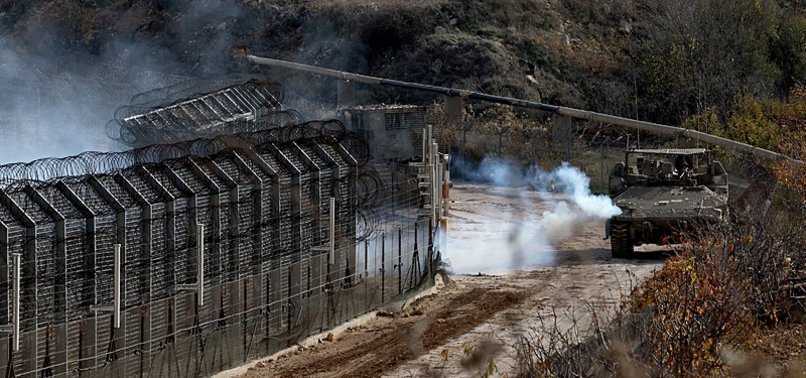The World Cup is expected to place Qatar on top of the global map for travel, experts say.
Around 6.2 million visitors are expected to flock to the Gulf nation by 2028, pumping up spending on the tourism sector to QR 102.7bn, a new report by Qatar Chamber has revealed.
According to the report, Qatar’s visa exemptions for 88 different nationalities, in addition to Qatar Airways and Hamad International Airport consistently ranking among the finest in the world, play a huge factor in helping the country’s tourist business thrive.
In the future, Qatar is now eying an economic generation return from World Cup tourism that would top $7 billion. This would help the country’s economy gain significant momentum in the fourth quarter of 2022.
The report, Qatar Economic and Commercial Activities 2022, was launched in the presence of the Minister of State and Chairman of the Board, Qatar Free Zones Authority Ahmad bin Mohammad Al Sayed and Chairman of the QM Sheikh Khalifa bin Jassim Al Thani.
In the last decade, the Qatari government has increased efforts to draw foreign investments by offering a variety of incentives and facilities to international business owners, in addition to establishing a department to coordinate between local and foreign investors and government agencies.
According to the report, authorities are also working to create a licensing system that will quicken the licensing procedure for tourism businesses, making it even more convenient for businessmen to choose Qatar for their investments.
The Gulf nation has invested $200 billion in infrastructure that supports the tourism sector, including Hamad International Airport, Qatar Rail Project, Msheireb Downtown Doha Project, and the Qatar National Museum. Such mega-projects have created a stable and favourable investment environment for foreign entities.
Allocation of land for business activities under long-term lease contracts of up to 50 years, exemption from income tax for up to 10 years in certain sectors, and authorisation to import materials for investment projects were all listed by the report as incentives provided by the government to foreign investors under the Foreign Investment Law.
In the Travel and Tourism Competitiveness Report by the World Economic Forum’s “Davos,” which ranks 140 nations, Qatar scored second in the Middle East and North Africa and 51st internationally.
In addition, with an average annual per capita income of $166.79 thousand, the Gulf state is one of the richest nations in the world.
For the World Cup, Qatar anticipates more than 1.5 million tourists to flock to the country, highlighting a major potential to becoming one of the world’s top travel and tourism destinations.
According to specialists in the field, the sports event, which will be held for the first time in the Middle East, is expected to propel Qatar to the top of the world tourism rankings.







